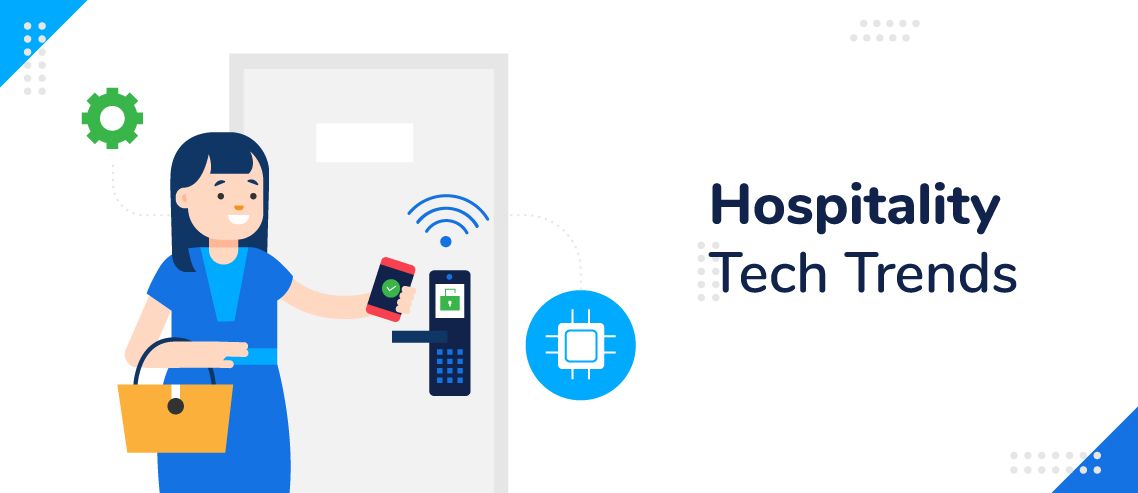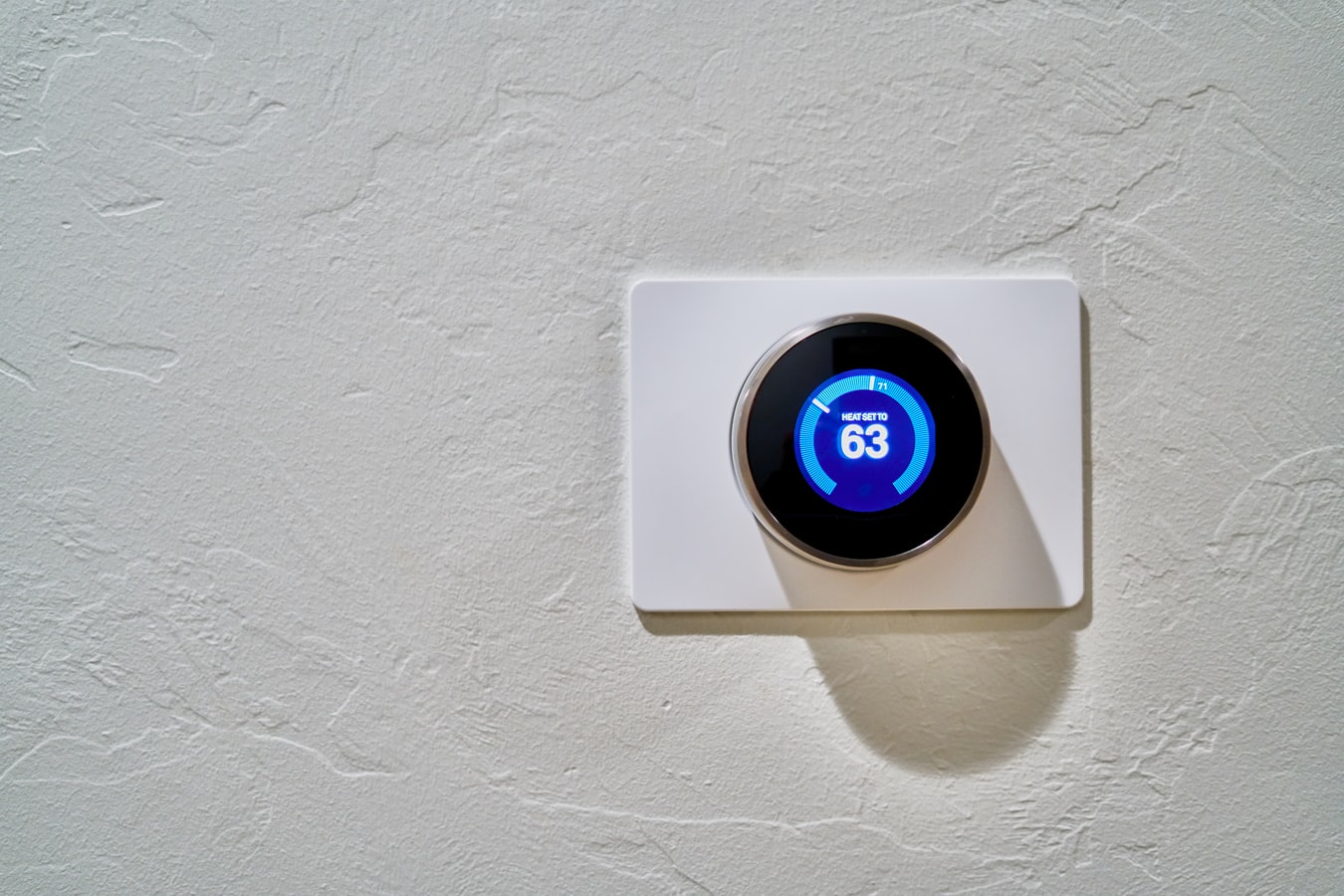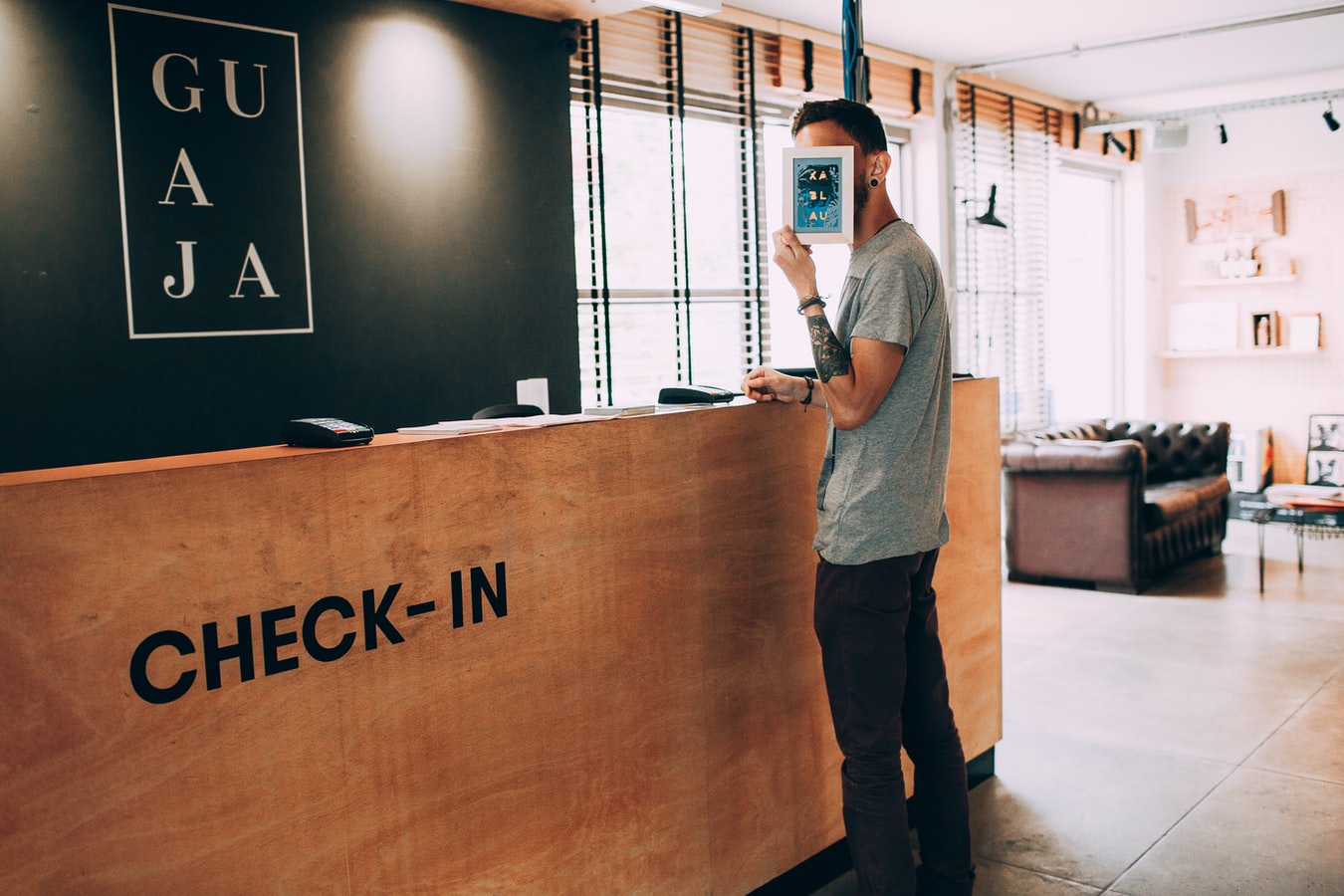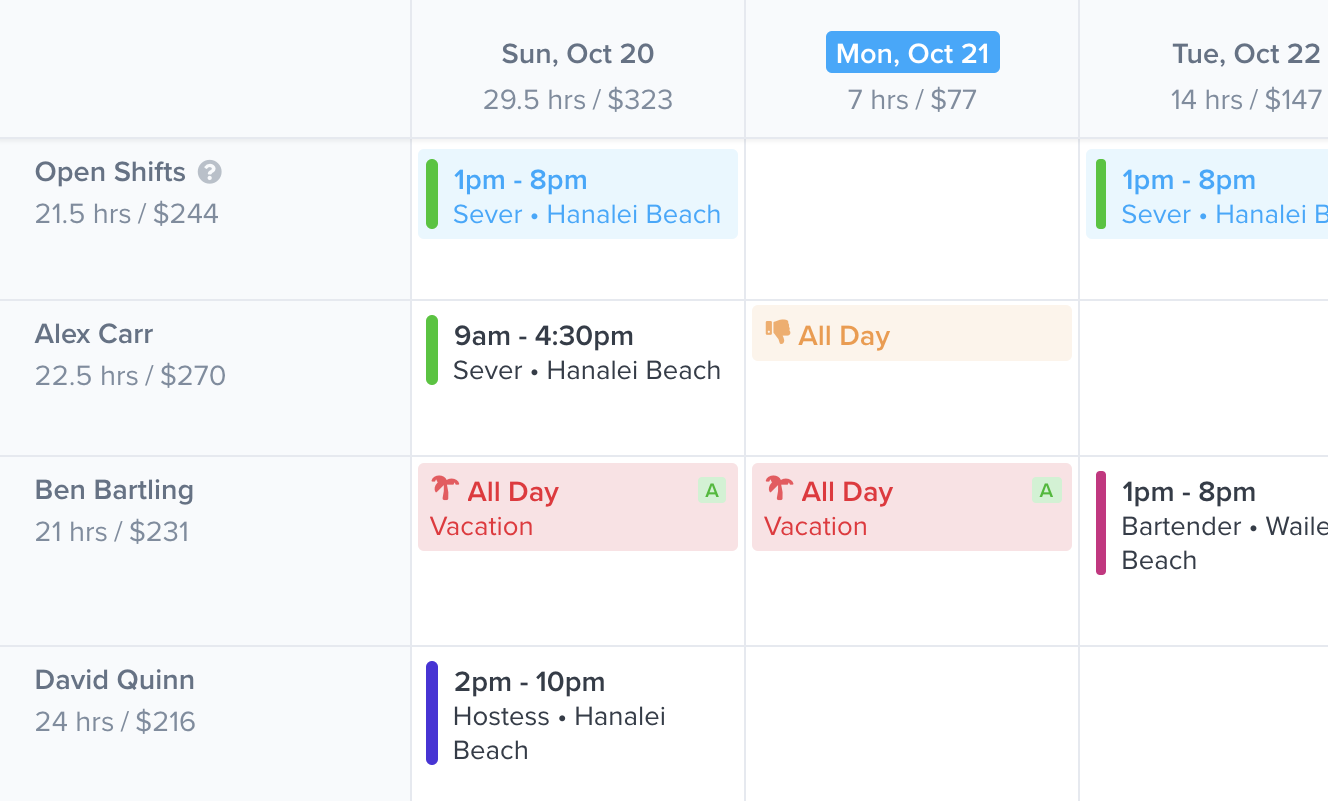10 Hospitality Tech Trends to Implement in 2024

The hospitality industry may have been around for centuries, but that doesn’t mean it hasn’t been keeping up with the latest technologies. Indeed, as the pace of innovation speeds up, hospitality has undergone revolution after revolution.
Nowadays, consumers expect more than ever from their hotels, and if you want to stay competitive, you need to give them what they want.
In this guide, we’re going to cover 10 of the hottest hospitality technology trends for 2022, including everything from SEO to VR to WiFi 6 and beyond. By the end, you’ll have some solid ideas for how to move your hospitality business into the future.
1. Optimize for Voice Search
SEO is old news. Everyone and their grandmother knows that if you want to survive in this digital age, you need to make sure that people can find you when they search for relevant keywords.
But as voice AI assistants like Siri, Alexa, and Cortana become more and more popular, the number of people who are doing their searching via voice command is steadily increasing.
While this may not seem immediately relevant, the salient point is that voice searches are inherently different from text searches. When you search for a hotel on Google, you might type “best hotel scranton.” But when you search via voice, you might say something like “what’s the best hotel in Scranton?”
This means that you should begin to optimize for long tail keywords and full sentences so that potential guests can find you when they look for you.
2. Include IoT technologies in Your Guest Rooms
As we mentioned in our last tip, voice assistants are becoming more popular. But there’s a consequence of this rise beyond voice search. Now that so many people use these convenient technologies, they are expecting them in their hotels as well – it’s not very relaxing to be able to turn off your lights with a simple voice command at home and then have to get up every time when you’re supposed to be on vacation.
Including IoT technologies like smart lights and smart thermostats can really take your guest rooms to the next level. Extra points if you include voice assistants that can connect with them for added comfort.

3. Use Contactless Payments
In the age of COVID, contactless payments are a no brainer. But even before the pandemic turned the world upside down, contactless payments were gaining popularity because of how convenient they are.
Nowadays, you can’t risk losing business due to the absence of contactless payment procedures. Make sure you get this one implemented ASAP.
4. Create VR Tours of Your Hotel
Travel is all about experiences. So, what better way to show prospective guests what they can expect by bringing a taste of your hotel experience to them before they even arrive?
Although VR headsets still aren’t mainstream, you can create VR tours that are viewable on YouTube and other video platforms as well. This way, your guests can get the most accurate picture of what their stay will be like.
By providing them with more information than your competitors, you increase the chances they’ll book a stay. Plus, having VR tours shows your brand is up on the latest technologies, which speaks well to the experience they’ll have once they arrive.
5. Implement Robot Concierges
People have dreamed about the robotic future for generations. Now, the day has finally come when robots can guide guests to their rooms, deliver conveniences, and direct guests to nearby restaurants and attractions.
While robot concierges may not seem particularly necessary, they can reduce labor costs, improve request fulfillment efficiency (which improves the guest’s experience), and can leave a lasting impression.
You can be sure that any guests that stay in your hotel will be sure to send pictures of your friendly robot concierge to their families, friends, and social media networks, which will generate new interest in staying at your hotel.

6. Upgrade to WiFi 6
We all know the struggles of staying at a hotel that has spotty internet. If anything is going to sink a hotel’s TripAdvisor rating, this is it.
To avoid frustrating your guests with poor wifi, consider upgrading to WiFi 6, the next version of wifi. Not only is WiFi 6 significantly faster than the previous version, but it also has more bandwidth, which means that more devices can connect to it at the same time without issues.
Although most devices don’t yet support WiFi 6, it will become more important as time goes on and adoption increases, so buying in now is a great way to future proof your business.
7. Allow Guests to Check in With Their Phones
Like contactless payments, checking in and out with a mobile phone has become more important than ever thanks to COVID.
In short, mobile check-in and check-out allow guests to check in and out of their rooms without having to wait in line at the front desk and speak with a concierge. It makes the entire process quicker and more convenient as no human interaction is needed, and guests can get to their rooms faster than ever.
In fact, according to a study of smartphone and tablet owners aged 18 to 65 conducted by Smith MICRO Software, 79% of respondents said they would use mobile check-in and check-out if available.
8. Integrate Facial Recognition Technology
Out of all the technologies we’ve looked at so far, this one may be the most controversial. While opening your room door with facial recognition instead of a key can be convenient, it may also turn guests off due to privacy concerns.
Because of this, if you’re interested in implementing this technology, it may be a good idea to still offer guests the option of using room keys. That way, you’ll appeal to the futurists without alienating the skeptics.
9. Streamline Employee Scheduling
Updating your hospitality business isn’t just about the frontend – the backend is just as important.
Too many hotels are stuck using outdated pencil-and-paper scheduling methods that are prone to error and take much more time than they should. By switching to modern employee scheduling solutions, like ZoomShift, you can make scheduling more efficient and make the experience more pleasant for your staff.

10. Create a Seamless Online Reservation Process
Although it may sound silly to some, needing to pick up the phone to book a reservation at a restaurant instead of simply making one online can be enough of a turn off to some people that they’ll go with another option.
Online reservation tools, like SevenRooms, can help prevent this by making the reservation process easy and seamless for your patrons.
Plus, it can also store important data about your customers, including allergies, dietary restrictions, loyalty information, and more so that you can coordinate with your team before a customer even gets through the front door.
Key Takeaways
Hospitality technology is improving at a rapid pace. If you want to stay competitive, you need to make sure your business is evolving with the rest of the industry.
It’s not necessary to implement every technology on this list, but it’s a good idea to implement at least a few. By doing so, you’ll ensure that your business will be ready to take on the competition for many years.
JD enjoys teaching people how to use ZoomShift to save time spent on scheduling. He’s curious, likes learning new things everyday and playing the guitar (although it’s a work in progress).



